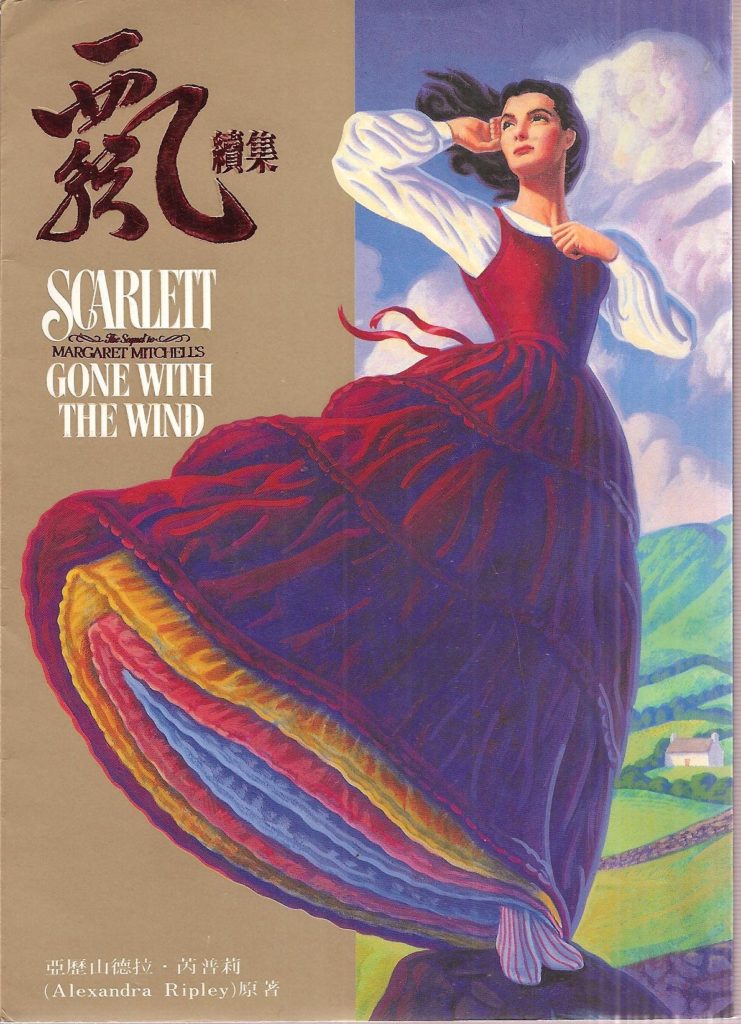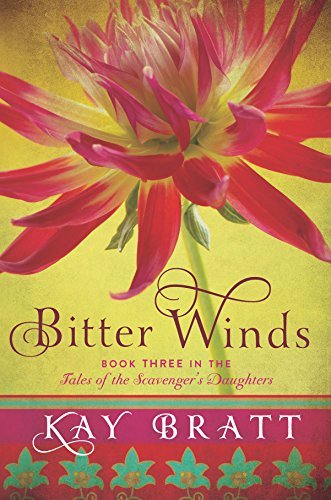Blinded By Hope
Blinded By Hope
[A memory from my time in China]
For some it is not with our eyes that we see, but rather with our hearts. ~Kay Bratt

Still trying to avoid the recommendations from friends to see an acupuncturist for my pain, I was on my sixth visit to the massage clinic. My American Chinese friend, Lorrina, had recommended a new place that only hired certified—and blind—masseuses. I’d climbed into the van an hour before and handed my driver the taxi card, and after a few close calls and a lot of horn blowing, he’d stopped at the curb in front of a narrow but tall building. Sandwiched between two clothing stores, the clinic didn’t look overly professional, but with my back and neck pain getting worse by the day, I was willing to try anything that didn’t involve medication or needles.
I stepped out of the van and entered the clinic. A few older Chinese men sat around just inside the door, smoking and chatting as they sipped their tea. They both turned to me and conversation stopped as they examined every inch of the strange waiguoren (foreigner) who’d dared to interrupt their morning. I smiled at them and went to the counter. With my stilted Chinglish, I asked for an hour massage. The owner, a sighted man, pointed at the poster to my left and told me to choose my masseuse. The poster showed six blown up photos of their masseuses in poses similar to mug shots, with only two of their staff being women. One, a younger girl with a sweet face, grabbed my interest. As I was fearful of being beat to death by the usual vigor of Chinese massage, her gentle expression gave me pause and I chose her.
The manager nodded and gestured toward the stairs, telling me to go to the third floor. I obeyed, carefully hanging on as I climbed the rickety wooden staircase. I passed the second floor landing and maneuvered around a clothesline full of drying towels. I saw inside two of the rooms where men were being massaged under crisp, white sheets, the barefoot and blind male masseuses moving around the tall beds gracefully as they worked to ease the tension in their clients.
I was out of breath at the third floor and my loud heaving brought the girl to her door. She smiled and waved me in and I carefully entered her room.
She gestured at a hook on the wall and I hung my coat. As was routine at all massage shops I’d been to, I slipped my shoes off and pushed them under the table, then remembering she couldn’t see, I gave them another nudge so she wouldn’t trip over them. I looked to her to see what she wanted me to do next.
Scarlett, as I’ll call her for she didn’t give me her name, was probably in her early twenties and wore a long white doctor’s coat. She was pretty in a simple way, with none of the usual frills or blasts of color that most young women in China were fond of. Her face was serene and as perfect and clean as fine porcelain. She had no need of makeup, her natural beauty demanded a second look as she pointed to a chair situated in front of her bed and asked me to sit.
Nervously, I sat in the wooden chair and she shuffled behind me, then began to massage my aching neck. Her hands were gentle and warm, and unlike the many other massage therapists I’d encountered in China, were filled with kindness. After a quick neck massage that felt heavenly, she beckoned for me to get on the massage table. Once there, she started her shuffle around the bed, searching and measuring my spine with her competent hands as I began a conversation with her. I was immediately impressed when without my interference, she found a place in my vertebra and declared it as a trouble spot. She was right, it was the bane of my existence—throbbing away day and night and never allowing me a moment’s peace. When I nodded agreement, she worked to unwind the knots around it and I talked to her.
She was delighted that I knew enough Chinese to communicate back and forth, though at intervals of confusion she interjected with her basic English to help me along. I asked her where she learned massage therapy and she replied she had studied in the Beijing schools. I asked her what she liked to do and she said she loved to read. She then told me (in stilted English) that her favorite book was Gone with the Wind.
I was amazed that this young, blind girl had read an American classic and chose it as her all-time favorite. She was a romantic! Being an avid reader and book lover myself, I was enthralled at the way our conversation was headed. I asked her how many books she owned and she replied none. That instantly filled me with sadness and I was embarrassed to think of the boxes and boxes of books I had sitting in storage in the states, waiting on my return.
As conversation lulled, and the chaotic sounds from the street flooded into the window, I wondered to myself if Chinese braille was the same as our Braille and where I could get some books to bring back to her. My mind also wandered to what her daily life was like; where she lived, if she had a boyfriend, if she was allowed out at all? How she got around in such a chaotic and packed city.
As the session between Scarlett and I ended, she thanked me for coming and bent down to find my shoes, then placed them in front of me. This was a task that would have been much easier for me obviously, but I didn’t want to insist and embarrass her. I made my way downstairs and paid for the massage. I asked if I could return upstairs—now that I had change—to give Scarlett a tip.
“Bu xu yao,” the manager said, shaking his head and telling me it wasn’t needed. I felt it a strange reaction, as tipping in China is usually welcomed. I insisted and he rejected again—but I lay a bill on the counter and walked away.
I hope he gave it to her.
I never did find a way to get Braille books for Scarlett, but I’ve never forgotten her. I sometimes remember the sparkle that came over her as she discussed how much she loved reading. If I could name that expression, I would say that it was one filled with hope and imagination. For you see, she didn’t view her life as dark and depressing. She obviously let her herself be carried off to lands and stories that perhaps she couldn’t see with her eyes, but could experience with her mind.
Years later, meeting Scarlett would play a huge role in a character I created for one of my stories—a tale of twin sisters, one sighted and one blind, and the loyalty that they share. And like Scarlett, my character would never wallow in what might have been, but instead she would remain hopeful of a future that would let her live her destiny in spite of, instead of despite of, her inability to see.

You can find BITTER WINDS here. [Download now in print, audio, or kindle]
The third book of the Tales of the Scavenger’s Daughters series, Bitter Winds continues the saga of Chinese couple Benfu and Calli, and the abandoned young women in their care.
Since the night her sister was almost burned alive in a fire and they were taken from their mother, Ivy has been the self-appointed guardian and guide to her blind twin, Lily. When Lily is snatched away and put behind locked doors, Ivy will do whatever it takes to get her sister home, even it means putting her own life in danger.
After Benfu and Calli’s long-lost daughter, Li Jin, is finally reunited with her birth parents, she opens a shelter for displaced people, turning her fortune from destitution and abuse to family and fulfillment. But her friend Sami remains consumed by bitterness—and Li Jin soon realizes she needs to make a difficult choice between revisiting the past or nurturing her own future.
Kay, how do I find the story of you riding the elephant?
https://kaybratt.com/2021/09/16/a-harrowing-ordeal-in-china/ it’s just one blog post earlier. 🙂
Kay, this is such a beautiful story! The connection between two women of different ethnicities and sightedness is heartwarming and genuine. Thank you for sharing.